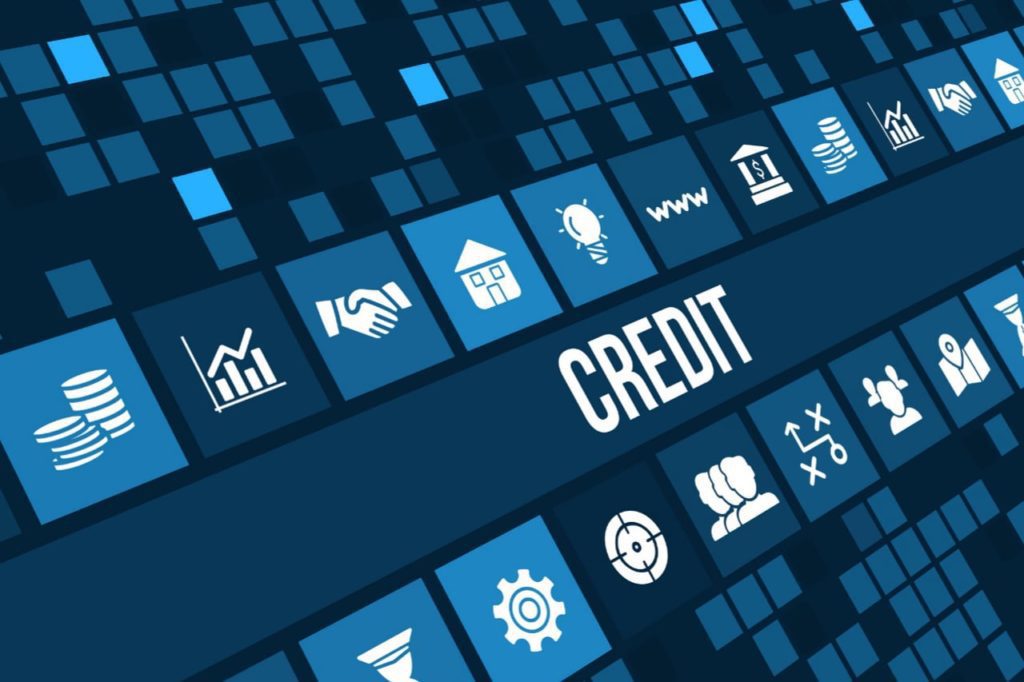As of November 2020, the country’s total consumer debt came in at a staggering $14.2 trillion, with the average American being about $92,727 in personal debt. Debt can either be good or bad, depending on how you manage it. A sure indicator of sound debt management is a high credit score.
Everyone knows a good score equals a better life, but what exactly is a credit score, and how does it work? Credit is a sensitive and complex subject for most Americans because not a lot of people understand how credit works.
If you belong in this large group, you don’t have much to worry about. That’s because, in this post, we’ll be looking at everything you need to know about credit and credit scores. That way, you’ll be better placed to make prudent financial decisions and increase your score.
What Is a Credit Score?
A credit score is a three-digit number determined by your credit activity and reflects your “debt repayment credibility.” The number ranges from 300 to 850 and is also linked to your social security number. Lenders refer to this score before approving your loan.
Your score affects nearly every facet of your financial life. With that out of the way, let’s look at essential things you need to know about these scores.
1. Your Credit Score Depends on Five Key Factors
Lots of factors come into play to determine your credit score. However, these are the five primary considerations:
Age of credit accounts: The longer your history of credit accounts, the better your score is likely to be. That’s because a long history of debt management proves your long-term financial responsibility. The age of your credit accounts contributes about 15% of your score.
Repayment history: Repayment history is how well you’ve been able to keep up with your loan repayments. This is the single most important factor determining your score, contributing to a whopping 35% of your score.
Credit utilization: Credit utilization means how you use your credit and how much credit you use. Aim for a credit utilization ratio of less than 30%. That means that your credit balance should be less than 30% of what you borrowed.
Inquiries: Lenders are usually cautious with who they lend out money to. As such, you should expect a few inquiries about your credit report before you get your loan approval. The more inquires you have, the lower your score.
Account types: If you have a couple of revolving accounts, it’s proof of proper financial management. For instance, if you have credit cards and installment accounts, you’re more likely to have a higher credit card score.
2. Credit Reports Aren’t Scores
While credit reports and credit scores are related, they aren’t the same thing. Credit reports are a comprehensive record of your credit activity. They contain information like:
- Debt collection accounts
- Credit borrowing frequency
- Credit history
Your credit report may also contain certain public records, including bankruptcies and liens. Credit bureaus or credit reporting agencies are responsible for compiling these credit reports.
You can think of a credit score as a numerical representation of the above information. It’s difficult for lenders and financial institutions to go through all your relevant credit information. Your score is a uniform way for lenders to understand your financial and credit situation.
3. There Are Different Types of Credit Scores
That’s right; there are different types of scores and their various ranges. They depend on the three credit bureaus. The three types of scores are:
- Equifax- 280-840
- Transunion- 300-850
- Experian – 360-850
Your score will change, depending on the credit bureau you refer to. Make sure you refer to all three scores to have a firm idea of your credit situation.
4. You Don’t Have to Pay to Check Your Credit Report and Score
The law requires the three major credit bureaus to furnish you with your credit report every year for free. That means you can check your credit report up to three times every year if you cycle through credit bureaus. It’s important to do so as much as you can so you can address any inconsistencies or hiccups.
There are plenty of ways to check your score. For instance, a lot of the major credit card companies allow you to check your score for free. You can also check your score on various online platforms.
5. It’s Okay to Check Your Credit Score From Time to Time
Checking your score frequently won’t affect your score in any way. However, hard inquiries from lenders can negatively impact your credit score. Even so, the effect of hard inquiries on your score is minimal and, in some cases, negligible.
However, personal inquiries on your score have zero effect on your score. As such, don’t be scared to check your scores whenever the need arises. It’s also worth noting that credit score inquiries don’t show up on your credit report.
6. A Low Score Is Costly
There are many perks to having a high score. Some of them include low rates on auto on homeowner’s insurance and lower interest rates. A low score equals the opposite; high interest and high insurance premiums.
Your low score can cost you thousands of dollars compared to if you had a high score. However, don’t despair if you have a low score; you can learn how to increase your credit score and get all the perks.
Learn How Credit Works for Improved Financial Management
Now that you know how credit works, you should be wise with your financial management. Remember, a low score is actually costly. As such, make sure you make sound financial decisions for a higher score and improved life quality.
Tor, read more interesting topics, check out our other posts.



